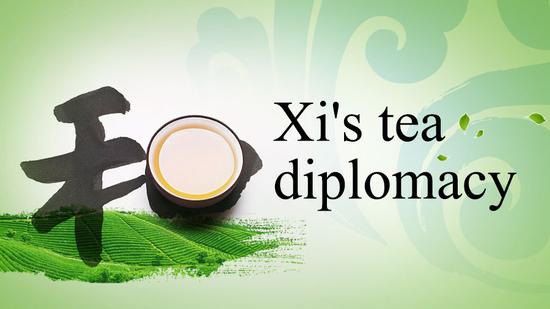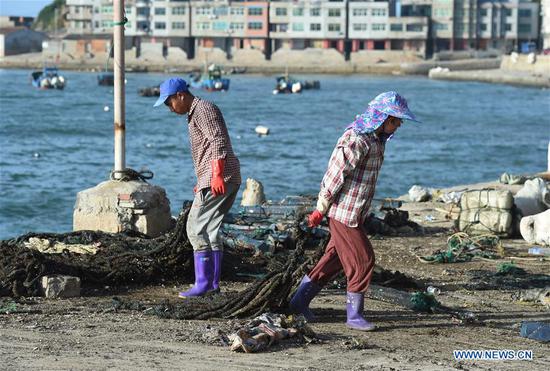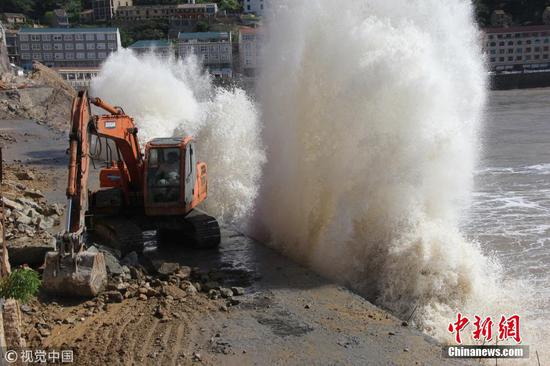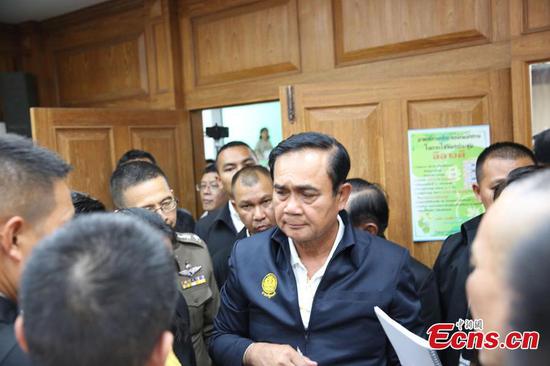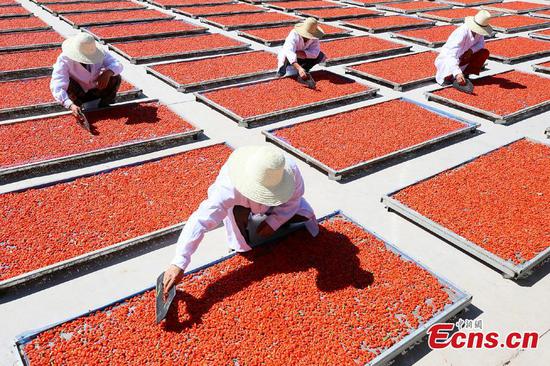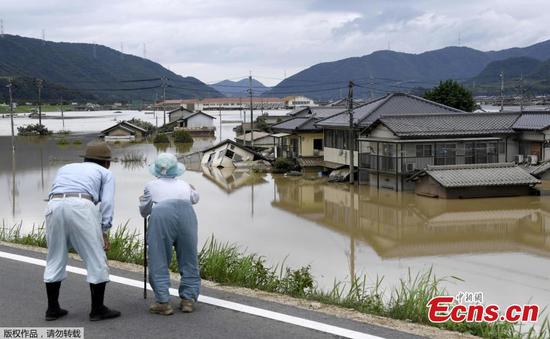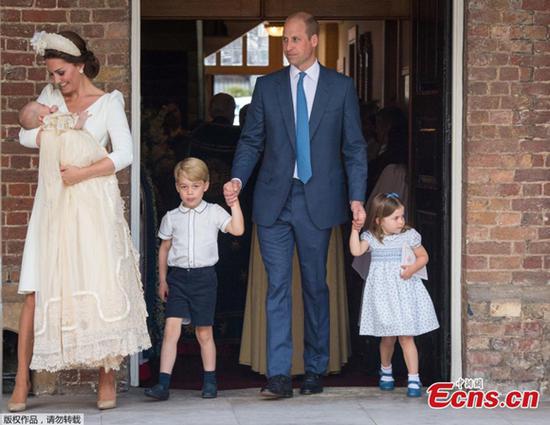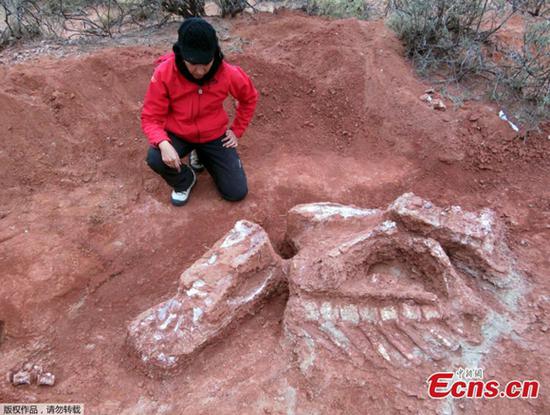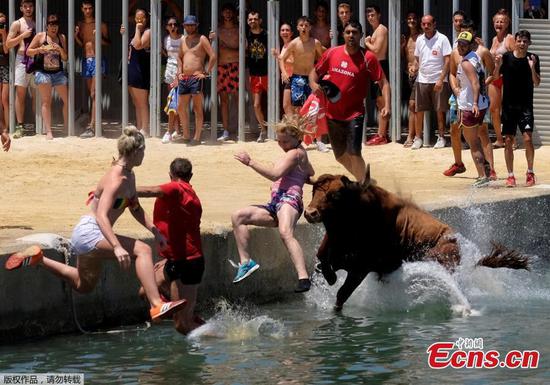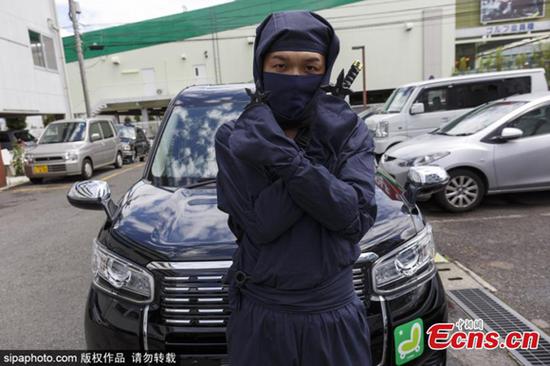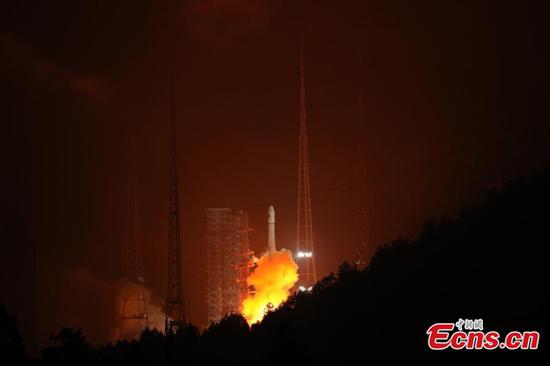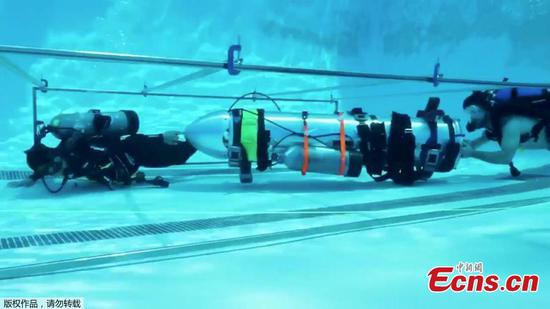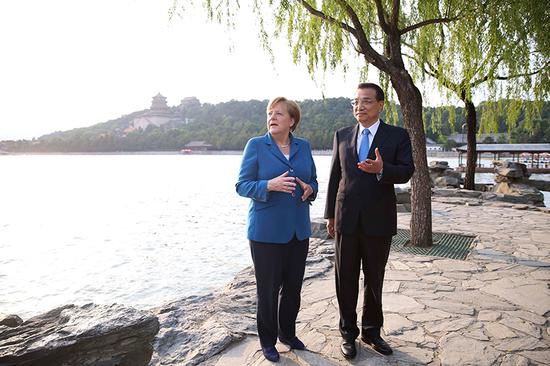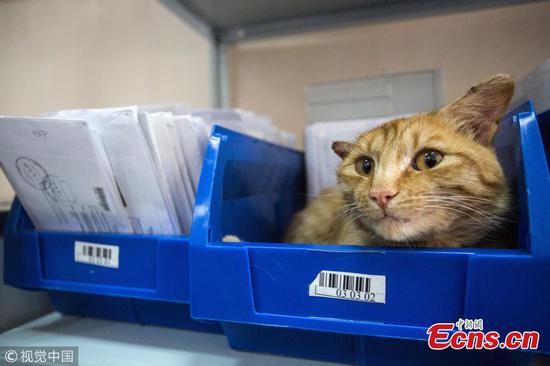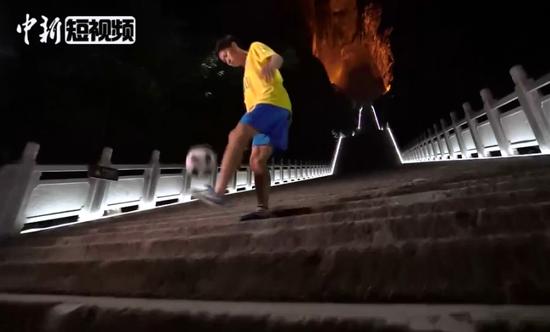The State Council's decision to give greater autonomy to researchers has been widely hailed as the country seeks breakthroughs in key technologies.
According to a decision at a State Council executive meeting chaired by Premier Li Keqiang last Wednesday, researchers will be given greater control over their personnel, finance and other resources to boost enthusiasm and inject greater vitality into innovation.
Cheng Shujun, a professor with the School of Medicine at Shanghai Jiao Tong University, said the new measures rolled out by the State Council, China's Cabinet are an indicator of greater trust and respect shown to researchers.
"We have to respect the pursuit of researchers and trust their integrity. Right now too much oversight is being placed on researchers," he said.
It was decided at the meeting that government management of scientific research will be reformed so that no repeated filing of materials is required in the national scientific and technological management information system.
Examinations, evaluations and audits of various kinds will be reduced, and researchers will be allowed to purchase professional services, such as accounting, to free them from tedious chores.
The measures came as Chinese leaders made repeated calls for the country to achieve innovative breakthroughs.
"Right now we should streamline administration more thoroughly to further spur the enthusiasm of researchers and free them from the burdensome approvals and tedious chores," the premier said at the meeting.
More trust and respect will be given to researchers and other experts as well with greater autonomy to use their funds. Researchers will be allowed to change their technical routes on the condition that their research directions and targets remain unchanged, the meeting has decided.
More salary incentives will be offered to researchers who take part in tasks leading to breakthroughs in key technologies, and the annual salary mechanism will be introduced for research team leaders and high-calibre talents.
An evaluation mechanism that prioritizes results and performances will be established. Failure in programs due to uncertain factors in science will be treated differently from those that result from academic misconduct. Fraud and counterfeiting behaviors will be stringently punished.
The percentage of indirect funds for basic research will be improved so that the budget for scientific research programs will be simplified.
Li said at the meeting that the development of science and technology, especially high-end technologies, ultimately depends on brainpower, rather than the purchase of equipment.
"We need to create a more enabling environment for scientists and provide them broader space for exploration," he said.
Li also required officials from relevant central government departments to come up with concrete measures to give researchers greater autonomy.
"The more specific the better," he said.
"It is a barrier as well as a bonanza. We must unlock the various restraints for researchers as early as possible and enable them to devote themselves to their areas of research whole-heartedly," the premier said.
Li Meng, vice-minister of science, told a press briefing on Friday that authorities will introduce a peer review evaluation mechanism for researchers who are devoted to basic research.
Evaluations will also prioritize the quality of papers that researchers publish, rather than the number of papers, as well as their representative works and its contributions and influence.
"The premise of all the measures we rolled out is to give full respect to researchers as well as scientific principles," he said.
Wang Dongjie, a researcher with the Agricultural Information Research Institute of the Chinese Academy of Agricultural Sciences, said it is important to give researchers enough patience and freedom to explore their research directions.
"Currently the research mechanism requires new outcomes each year from researchers.
"It makes it difficult for them to focus on a single direction of research, a prerequisite for achieving innovative results," he said.
He noted that administrative orders weigh too much in scientific research, and it is often the case that researchers are placed under the leadership of officials without much know-how of research areas.
Cheng, the professor, said implementation of the measures decided at the executive meeting is also crucial.
"Innovation can only be fostered by lessening restraints in formalities, improving services for them and freeing their minds," he said.










